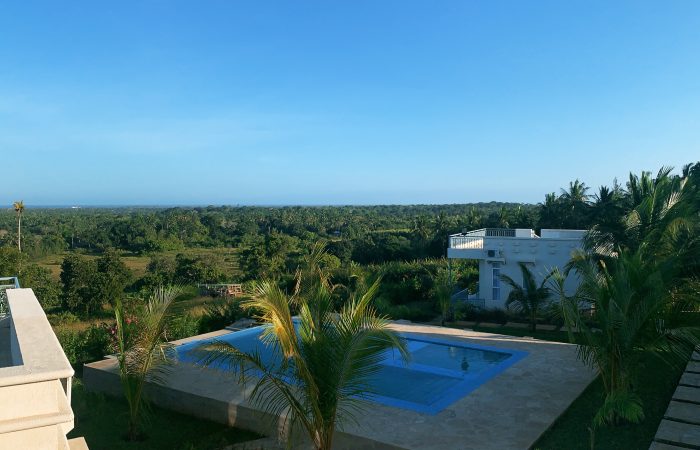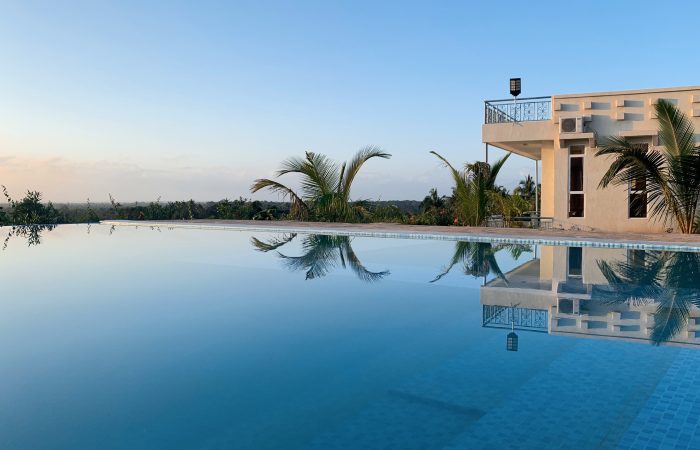We knew who he was the moment we saw him.
Of course we did.
He didn’t need to introduce himself.
He wore silence like a second skin.
He came without an entourage.
No camera crew. No fanfare.
Just a duffel bag, a scarf, and that look artists get when the world has applauded…
but the soul hasn’t caught up.
He didn’t ask for a room.
He asked for a quiet place to sit
So we gave him the private garden.
Past the palm trees.
Under the canopy where even time seems to slow down out of respect.
He stayed like that for days.
He didn’t touch his guitar.
Didn’t take pictures.
Didn’t once mention music.
But you could feel it building in him.
Like thunder swelling behind his ribs.
Like something old, maybe even ancient, beginning to stir.
You see, there’s a kind of exhaustion that sleep doesn’t fix.
Only stillness does.
And at Tulia, we’ve seen it before.
The heaviness that doesn’t show up on a scale.
The hunger that has nothing to do with food.
Artists, especially—
They come here when the applause starts to echo, and the stage lights no longer feel warm.
On the third night, he sang.
Not for us.
Not for a camera.
Just to the sky.
And maybe to God.
It wasn’t rehearsed.
It had no hook.
But when he was done, the crickets paused—as if to listen to the echo.
We didn’t clap.
We just breathed.
He left before dawn.
Didn’t say goodbye.
Didn’t settle the bill.
He just left his guitar on the bed with a napkin note that read:
“Found it.”
— B.
At Tulia, people don’t just check in.
They arrive.
And sometimes, what arrives isn’t the artist the world knows—
but the soul that the artist forgot.








